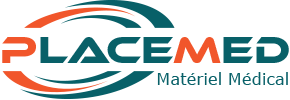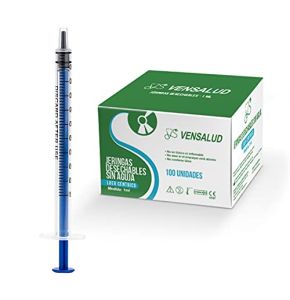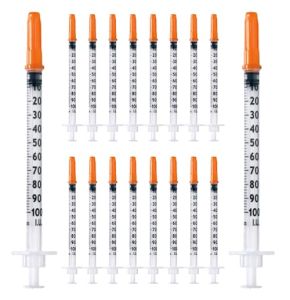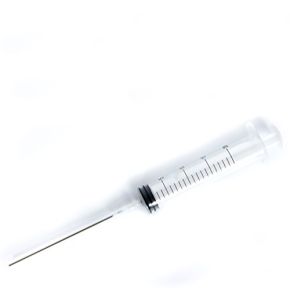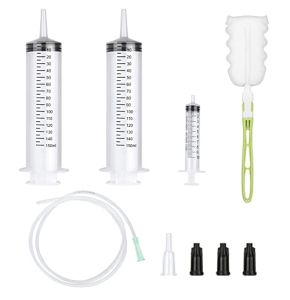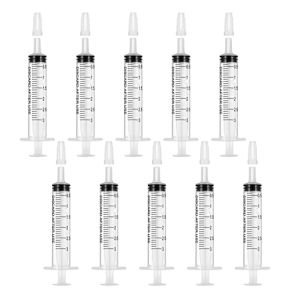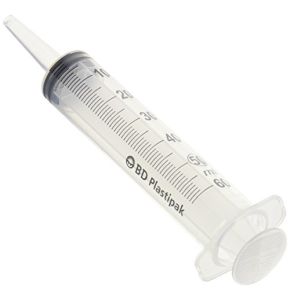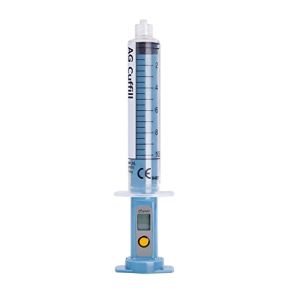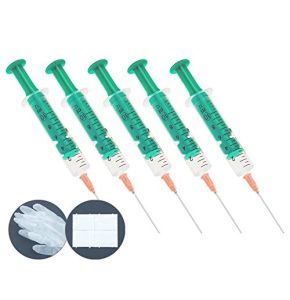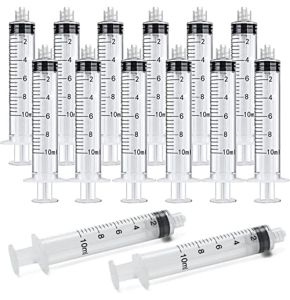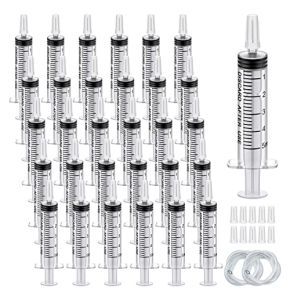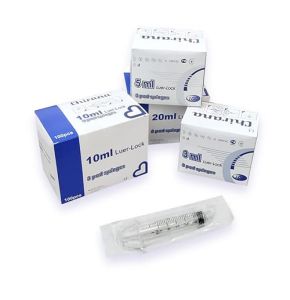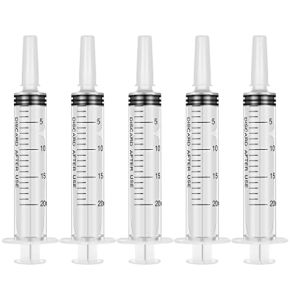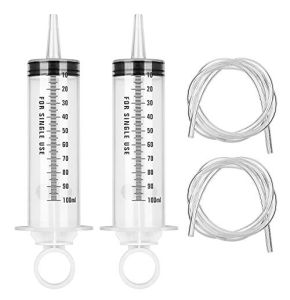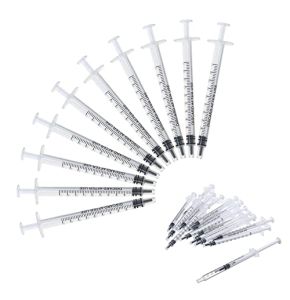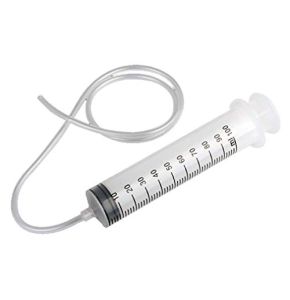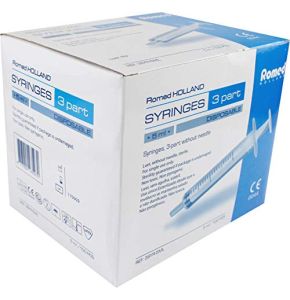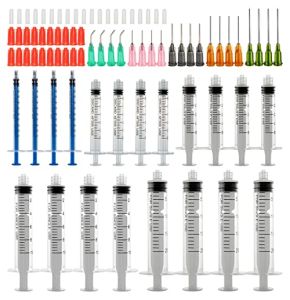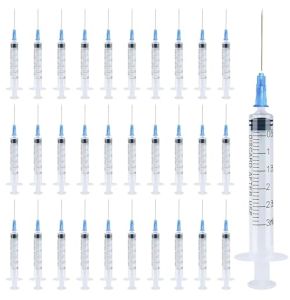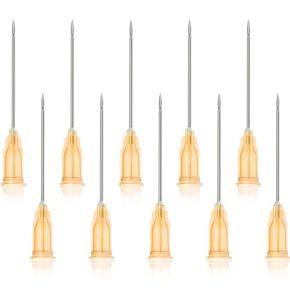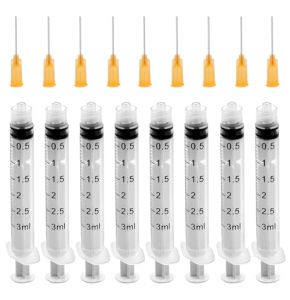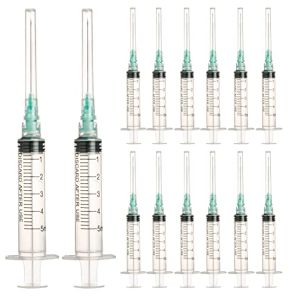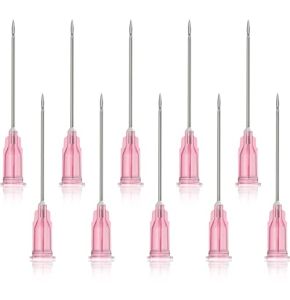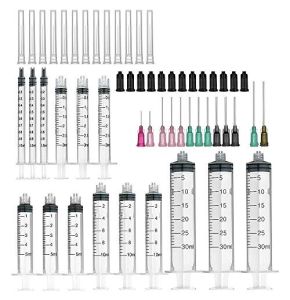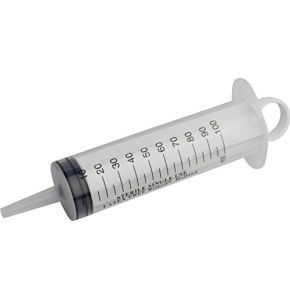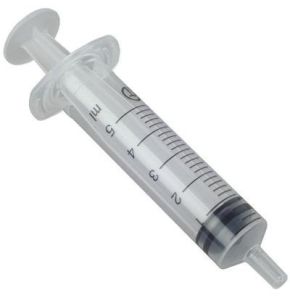Medical syringe
18/11/2024 262
18/11/2024 226
18/11/2024 259
18/11/2024 229
18/11/2024 263
18/11/2024 288
18/11/2024 281
18/11/2024 272
18/11/2024 259
18/11/2024 233
18/11/2024 215
18/11/2024 206
18/11/2024 291
18/11/2024 216
18/11/2024 261
18/11/2024 272
Medical Syringes for Quality Care
The medical syringe is an essential instrument in the healthcare field. This tool is used daily to administer medications, collect bodily fluids, and perform various tests. Proper use is vital to ensure the safety of both the patient and the healthcare professional. Understanding the different types available, knowing how to choose them, and handling them safely is crucial for all actors in the medical sector.
What are the different types of medical syringes and their uses?
Medical devices used in clinical settings come in numerous models. Each model is tailored to a particular application. Below, you will find the main types of medical syringes and their functions:
- Insulin Syringes: These devices are specially designed for administering insulin to people with diabetes. They have a very fine needle and a volume typically ranging from 0.3 ml to 1 ml. Their small size allows for precise injection of low doses of insulin.
- Tuberculin Syringes: Used for tuberculosis tests, these devices have a capacity of 1 ml. They are also employed to administer small quantities of medications or for allergy tests.
- Single-Use Syringes: As the name suggests, these instruments are intended for one-time use. They are commonly used to administer medications via intramuscular, intravenous, or subcutaneous routes. After use, they must be disposed of according to safety protocols.
- Syringes with Fixed Needles: In these models, the needle is permanently attached to the device. This reduces dead space (the volume of liquid that remains after injection), which is important for expensive or potent medications.
- Needle-Free Syringes: Used for administering medications in the form of high-pressure jets, they eliminate the use of needles, thereby reducing the risk of accidental needle sticks.
- Prefilled Syringes: These units are already filled with a specific dose of medication. They are convenient for quick use and reduce the risk of dosing errors. They are also sterile, enhancing patient safety.
- Luer Lock Syringes: They feature a threaded connection that ensures secure attachment of the needle or another medical device, preventing leaks or accidental disconnections.
- Cathter Tip Syringes: Used for irrigating wounds or administering medications through tubes, they have a larger tip without a needle.
Each type of device is designed to meet specific care needs. It is important to choose the appropriate device to ensure the safe and effective administration of medications.
How to choose the appropriate size and type of medical syringe for a procedure?
Choosing the right tool is crucial for patient safety and treatment efficacy. Several factors must be considered:
- Volume to Administer: The device's capacity must match the volume of medication to be injected. For example, to inject 0.5 ml of medication, a 1 ml medical syringe is appropriate. Using a suitable size unit allows for precise measurement and reduces the risk of dosing errors.
- Medication Viscosity: Thick or viscous medications require a needle with a wider diameter (smaller gauge). A fine needle may clog with thick liquids. Therefore, it is important to choose a needle suited to the medication's consistency.
- Route of Administration: Depending on whether the medication is administered intramuscularly, intravenously, or subcutaneously, the needle's length and gauge will vary. For example, an intramuscular injection requires a longer needle to reach the muscle.
- Patient's Age and Body Type: Children and thin individuals require shorter needles, while adults or overweight individuals may need longer needles to reach the appropriate injection site.
- Patient Sensitivity: For patients who fear needles or to reduce pain, finer needles can be used. However, this must be balanced with the need to deliver the medication correctly.
- Type of Medical Syringe: For certain specific medications, specialized devices like insulin syringes or tuberculin syringes are necessary to ensure precise administration.
By considering these factors, the practitioner can select the appropriate device for each context. This ensures the safe and effective administration of the medication.
What are the best practices for the safe use of medical syringes?
Correct use of devices is essential to prevent infections and injuries. Here are the best practices to follow:
Aspiration Technique
Before injecting a medication, it is important to aspirate correctly:
- Wash Hands: Always wash hands with soap and water or use a hand sanitizer before handling a device.
- Use Sterile Equipment: Ensure that the device and needle are sterile and do not touch parts that must remain clean.
- Prepare the Medication: If the medication is in a vial, clean the cap with an alcohol swab before use.
- Eliminate Air Bubbles: After aspirating the medication, gently tap the device to bring air bubbles to the top and push the plunger to expel them.
Injection Technique
When administering the medication via injection:
- Choose the Appropriate Injection Site: Depending on the type of injection (intramuscular, intravenous, subcutaneous), select the correct site on the patient's body.
- Clean the Skin: Disinfect the area with an alcohol swab and allow it to air dry.
- Inject with Confidence: Hold the device like a pencil and insert the needle quickly to minimize pain.
- Administer the Medication: Push the plunger slowly to deliver the medication at a controlled rate.
- Safely Remove the Needle: Remove the needle quickly and apply gentle pressure with a clean cotton ball.
Prevention of Accidental Needle Sticks
To avoid injuries with needles:
- Do Not Recap Needles: After use, do not replace the cap on the needle, as this increases the risk of accidental sticks.
- Use Sharps Containers: Immediately dispose of the used device in a container designed for sharps waste.
- Use Syringes with Safety Features: Some units are equipped with mechanisms that automatically cover the needle after use.
By following these practices, healthcare professionals can reduce the risks of infections and injuries related to the use of medical syringes.
How to manage the disposal of used syringes in accordance with regulations?
Proper disposal of used syringes is essential for public safety and environmental protection. Here are the steps to follow:
- Use Sharps Containers: After use, immediately place the device and needle in a rigid, puncture-resistant container specially designed for hazardous sharps medical waste.
- Do Not Overfill Containers: Fill the container only up to three-quarters full to prevent overflow and needle stick risks.
- Properly Seal the Container: Once the container is full, securely close it according to the manufacturer's instructions.
- Label the Container: Clearly indicate that the container holds hazardous medical waste.
- Follow Local Regulations: Disposal rules may vary by region. It is important to follow the guidelines of local health authorities for the collection and disposal of medical waste.
- Do Not Throw Syringes in Regular Trash: This exposes cleaning staff and the public to injury and infection risks.
- Train Staff: Ensure that all staff members are informed about safe disposal procedures.
When healthcare facilities follow these procedures, they promote the protection of all involved and the preservation of the environment.
What innovations exist in syringe design to improve safety?
Technological advancements in syringe design aim to enhance the safety of users and patients. Here are some recent innovations:
- Syringes with Safety Mechanisms: These devices are equipped with mechanisms that protect the needle after use. For example, some have a sheath that automatically deploys to cover the needle, reducing the risk of accidental sticks.
- Prefilled Syringes: They are already filled with a precise dose of medication. This reduces dosing errors and preparation time. They are also sterile, enhancing patient safety.
- Syringes with No Dead Space: Designed to minimize the amount of medication that remains in the device after injection, they allow for more efficient administration, which is important for expensive or low-dose medications.
- Advanced Materials: The use of high-quality plastics and biodegradable materials makes syringes safer and more environmentally friendly.
- Secure Connectors: New connection systems, such as needle-free devices, reduce the risk of leaks and exposure to bodily fluids.
- Smart Syringes: Equipped with electronic chips or barcodes, they can communicate with computer systems to track administered doses and reduce medication errors.
These innovations help improve the safety, efficiency, and comfort in administering care. They represent significant advancements for the medical field.
In conclusion, the medical syringe is an indispensable tool in healthcare. Knowing the different types available, how to choose them, and how to handle them safely is essential for healthcare professionals. Recent innovations in syringe design further enhance the safety and effectiveness of care. At Placemed, we offer a wide range of high-quality medical syringes to meet all your needs. Trust our expertise to provide you with the best tools for quality care.
 Francais
Francais 